There is a sewerage system in every residential building, be it a multi-apartment high-rise or a private house. Over time, sewer pipes become clogged, forcing homeowners to take urgent steps to clean them up. How to cope with this "misfortune" on your own, we will tell in the article.
Why does it happen that deposits accumulate?
What to do with fat in pipes and how to dissolve it
To independently restore the operability of the drainage system and get rid of fatty deposits, you can use:
- improvised means;
- household chemicals;
- mechanical cleaning.
Improvised means
Soda
Baking soda can help deal with mini blockages in your drain. To do this, it is enough to pour soda into the drain hole and fill it with hot water. After a few hours, it is necessary to check whether the water passes through. If the fat deposits have not yet been "acidified", then this method can be improved by adding vinegar.
Soda and acetic acid
In order to use this method, you need to take some baking soda and food vinegar. Pour baking soda into the drain and fill it with a small amount of vinegar.
As practice shows, this method eliminates most blockages. The fact is that by reacting with vinegar, soda dissolves the formed fat "plug".
The only point that must be taken into account is that this method cannot be used for metal pipes, as they can oxidize, which will lead to their corrosion.
Chlorine
Another "popular" method that has proven itself in the fight against blockages is to use a liquid with a high chlorine content, such as whiteness. It must be poured into the sink, wait a little, and then rinse with water. A lot of this remedy may be needed to dissolve deposits. It is also necessary to take into account that whiteness is quite aggressive, therefore it is necessary to work with it carefully.
Household chemicals
If all of the above improvised substances still did not cope with the task, then it is time to move on to more professional means. Using household chemicals is the easiest and fastest way to clean the drain. On the market, you can buy liquid, tablets or special powder to fight body fat.
Mechanical cleaning
In addition to the plunger, another popular mechanical tool is the plumbing cable.
It is a 10-meter long steel product with a brush at one end and a handle at the other. It is also quite simple to use. The rope is gradually dipped into the pipe until it hits the grease plug. At this point, they begin to twist the handle of the cable so that the brush begins to clean the blockage. After the cleaning procedure, you need to spill the pipe with hot water to rinse off the remains.
How to avoid future problems
As you know, the problem is easier to prevent than to correct the consequences later. Since problems with sewerage are not only "standing" water in the sink or unscheduled repairs in your own bathroom, but also the danger of flooding your neighbors. In addition, an unpleasant odor will constantly emanate from the drain hole, as pathogenic microorganisms actively begin to multiply in such a favorable environment. Therefore, it is best to carry out preventive cleaning of pipes at least once every two or three months.
To do this, you can use the same soda or buy any means for cleaning sewer systems in a store. You can also periodically spill the pipes with boiling water to prevent the appearance of a greasy film.

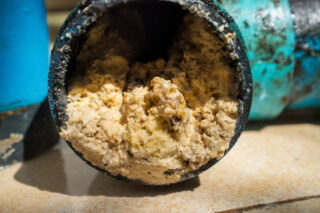
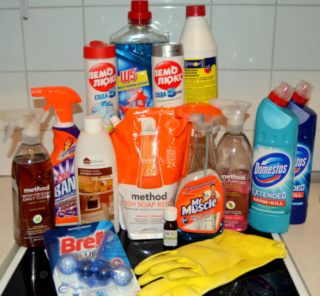
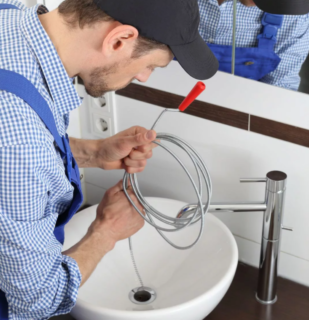
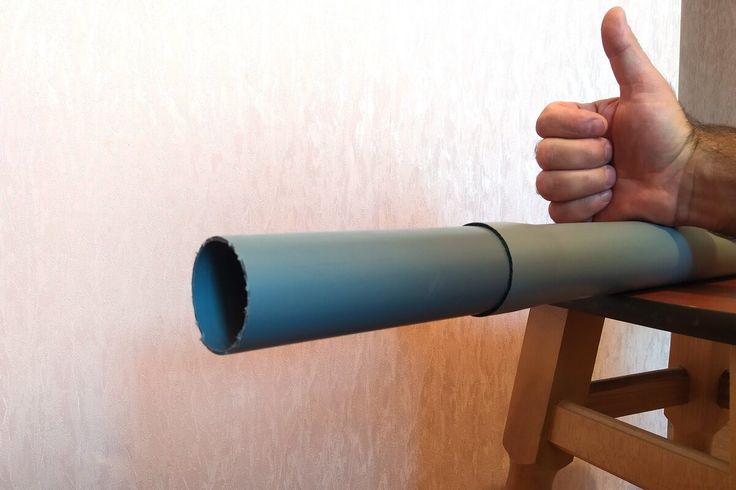
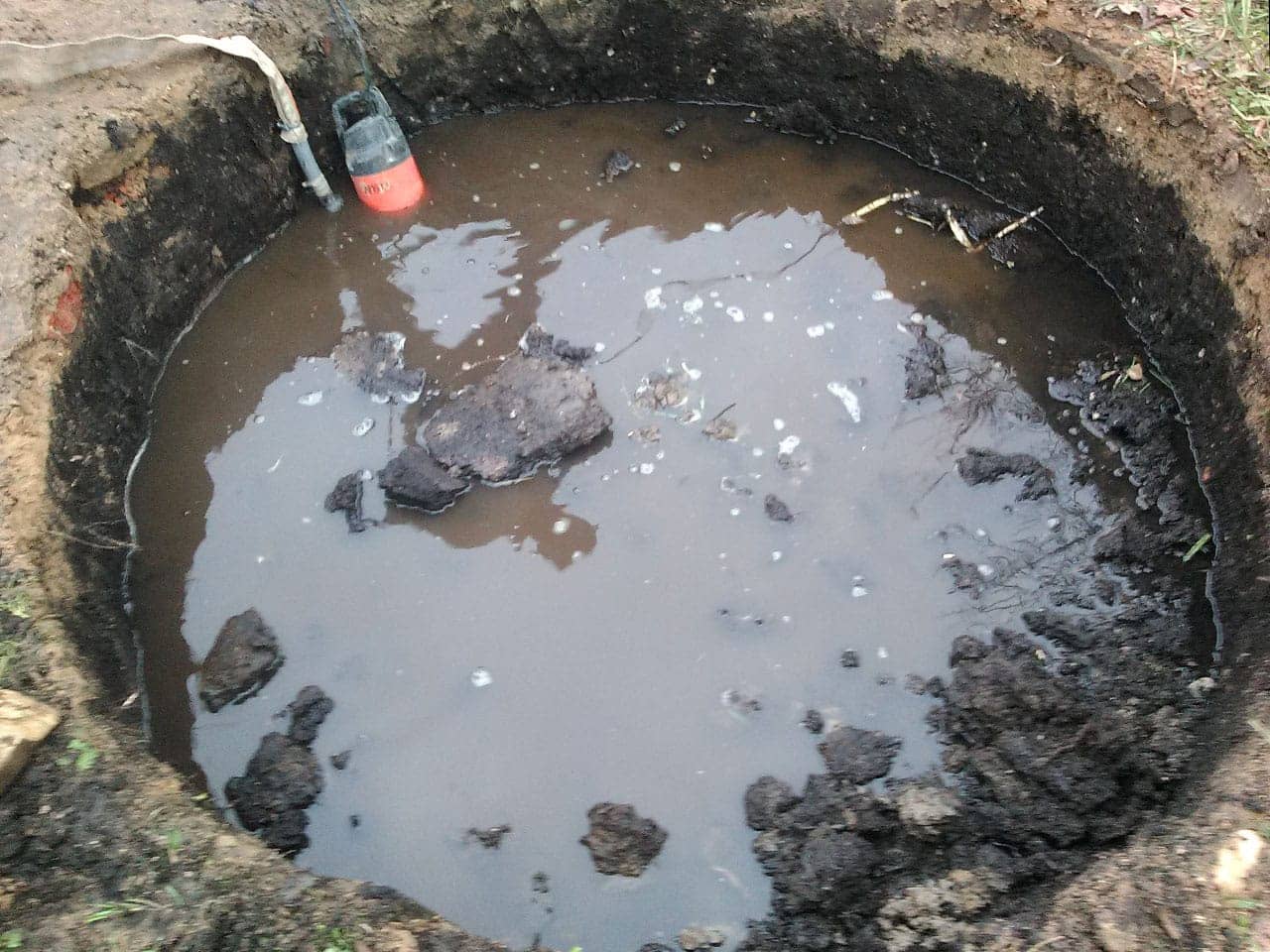
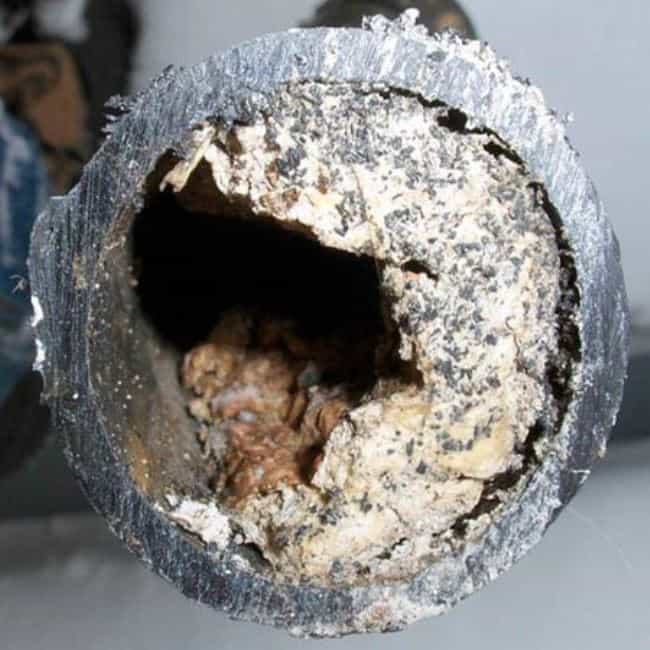
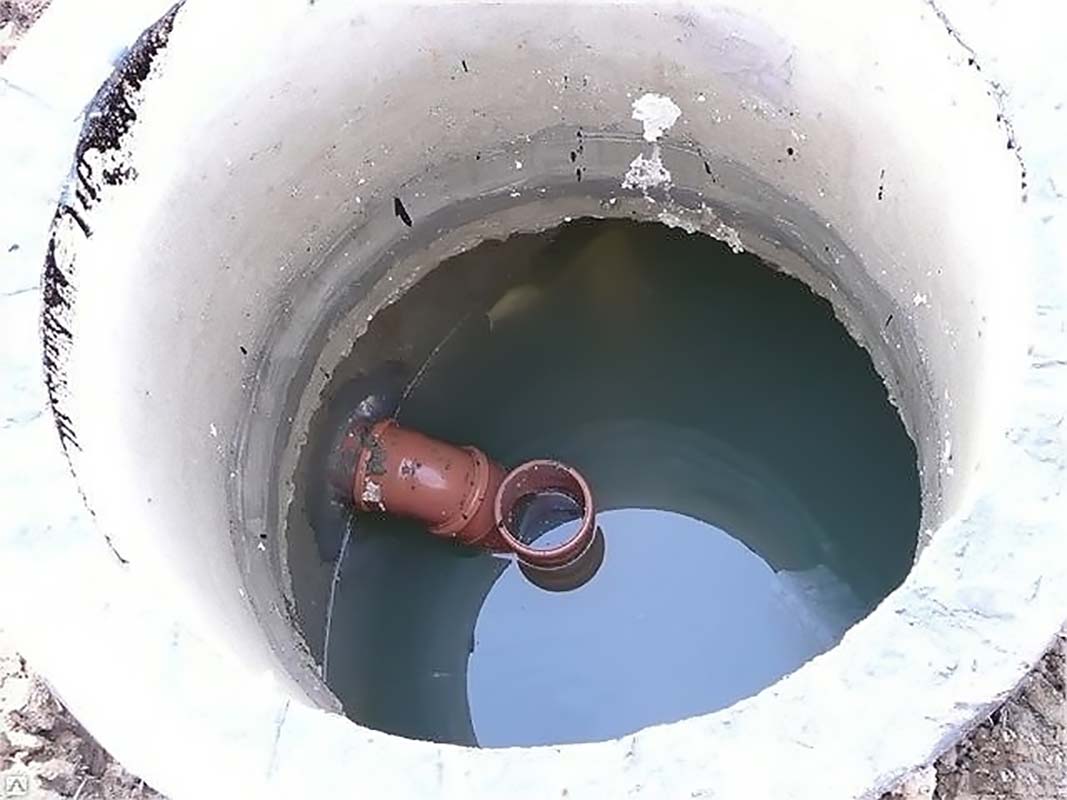
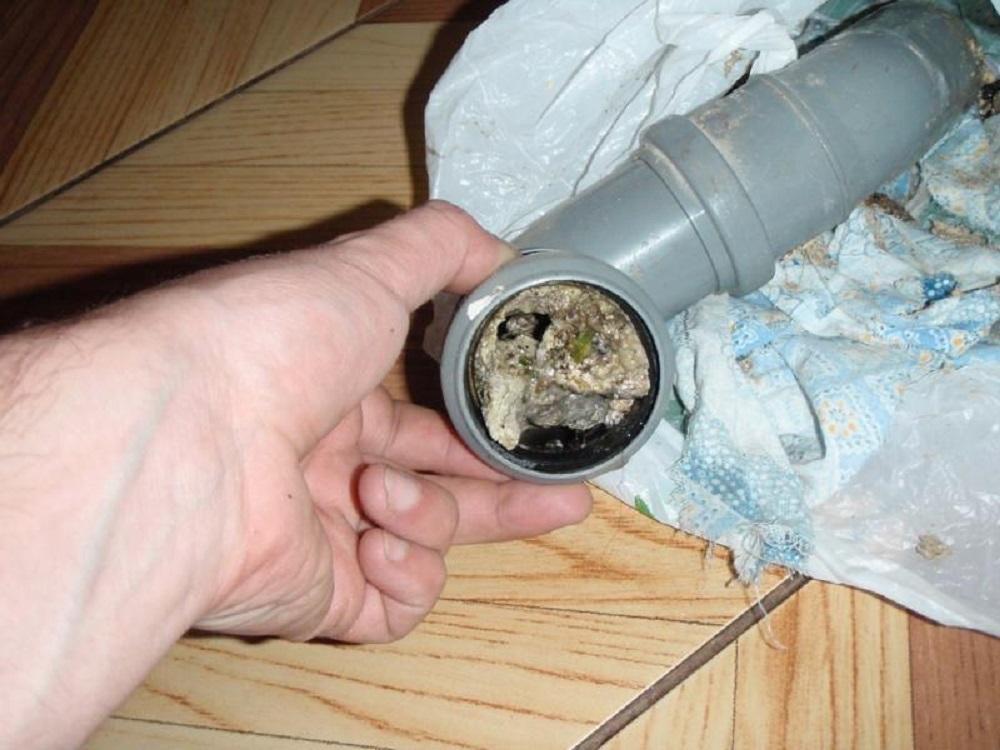
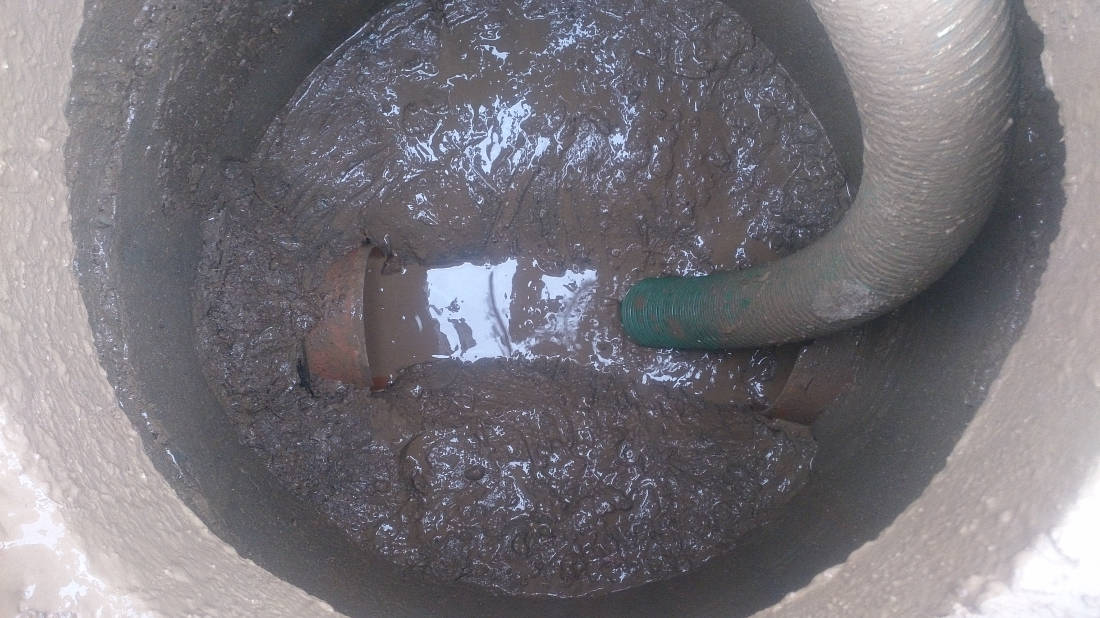
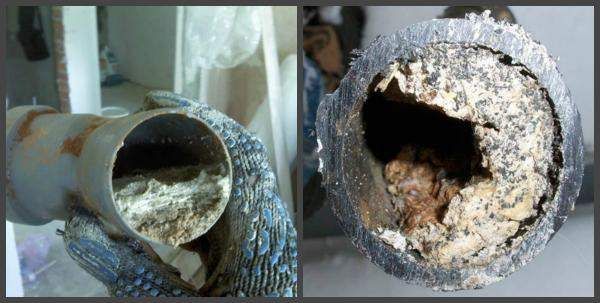
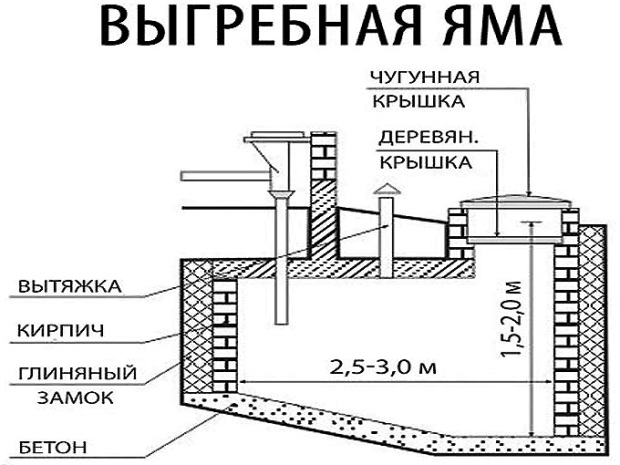
Once every six months, I pour a couple of seven-liter pots of boiling water into the kitchen sink (stainless steel) and that's it! Not hot water, but KIPYATKA! I boil it on the stove and spill it. Without any chemicals and home remedies.
And the horizontal plastic pipes of the khan! Heat up and sag and there will be an air bag, passed !!!
This method is not suitable for old pipes that are cleaned once a year ...
A reliable and proven method: it is only mechanical (with a cable, with a specific blockage) and "salvo" flushing with hot water ... All the rest of household chemicals, only for prophylaxis, which must be carried out monthly.
In my house, from the kitchen in the space between the foundation and the floor, there is a long and unburdened pipe from the kitchen. In winter, fat naturally accumulates on the pipe walls. Mechanical cleaning, boiling water, and chemistry help little and for a short time. I tried the Israeli remedy in granules Bagi Pothan - not an advertisement, but advice. I remove the siphon and fall asleep directly into the pipe, and then boiling water. Recommend.
When installing the weir, the angle of inclination of the sewer pipe should not exceed 3 degrees, otherwise the water rolls down, and insoluble fat sticks to the pipe walls. Rinse the tubes with a 10-20% solution of sodium hydroxide (caustic soda) or potassium, which turn fat into soap.